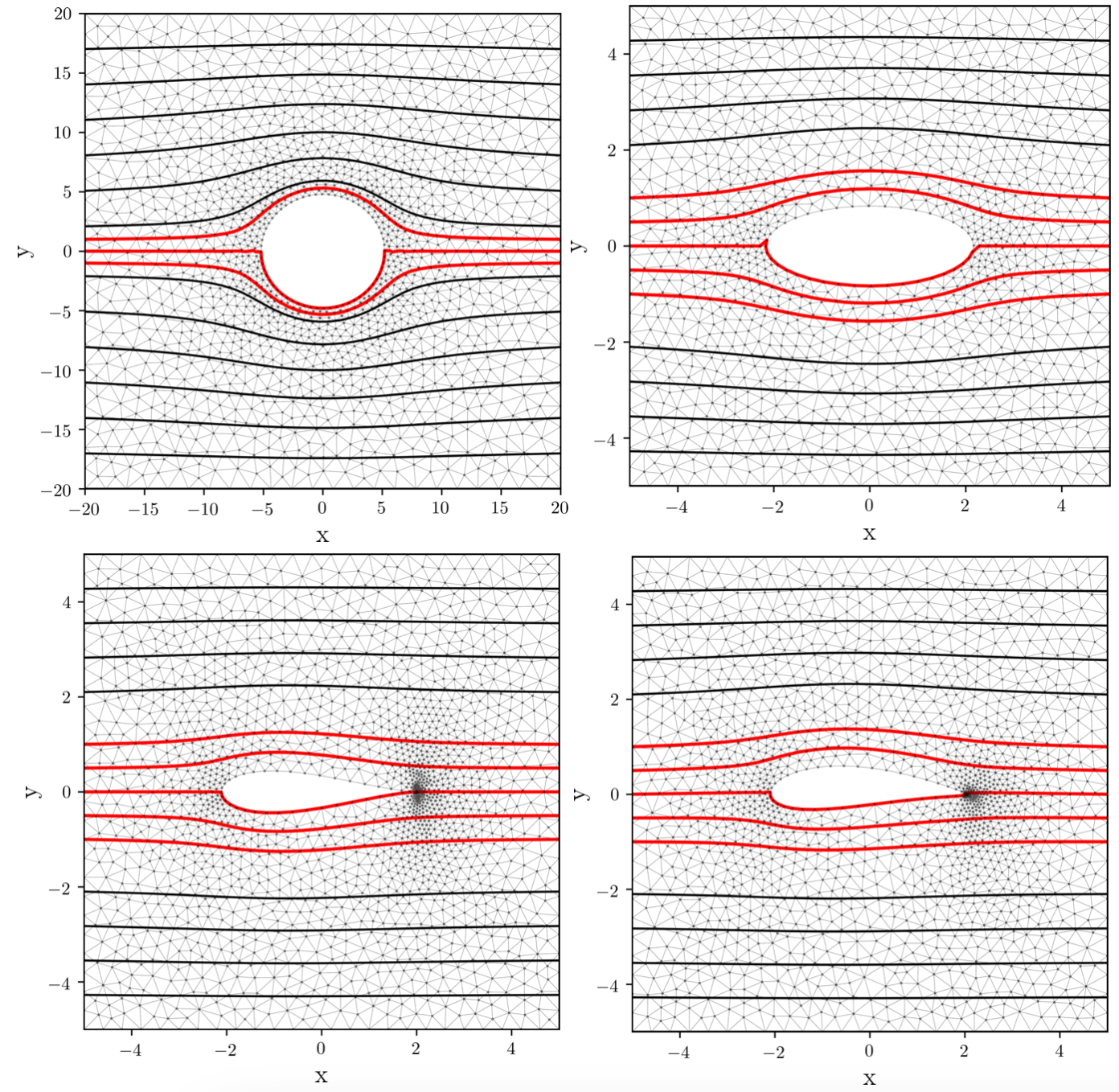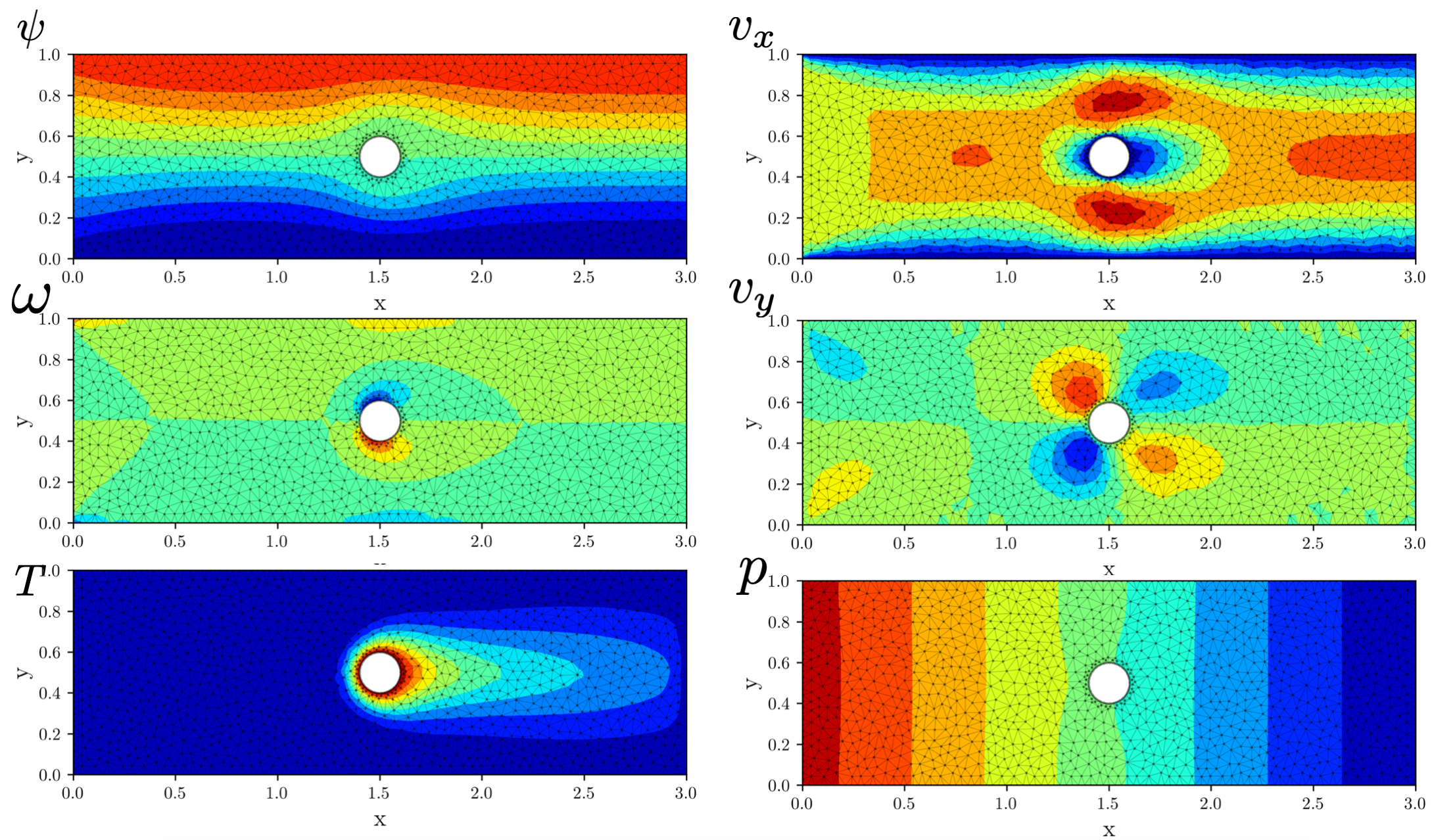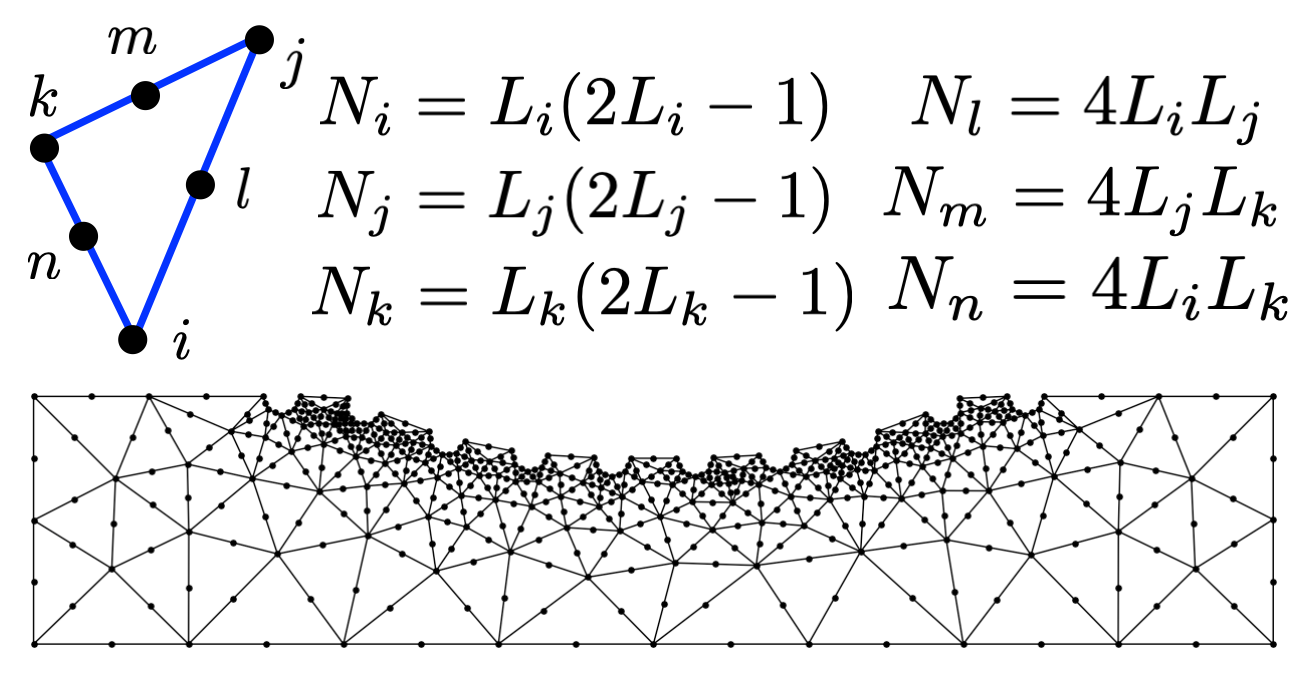Offer of Regular Courses
The courses listed below represent a selection of undergraduate and graduate offerings made available on a regular basis throughout the academic calendar. At COPPE, graduate-level courses are structured according to a quarterly system, allowing for flexible academic planning across four terms per year. Undergraduate courses, in contrast, follow a traditional semester-based schedule. This structure ensures consistent availability of core and elective subjects across all levels. Students are encouraged to consult the academic calendar for specific enrollment periods and course offerings.
[COM-701] Computational Fluid Dynamics: Finite Element Method
M.Sc./D.Sc Level: This advanced course provides a rigorous foundation in the numerical modeling of fluid dynamics and heat transfer problems using the Finite Element Method (FEM), with a focus on one- and two-dimensional engineering applications. It covers the derivation of weak forms of the governing equations, introduces Sobolev spaces such as L^2 and H^1, and explores the mathematical structure behind FEM formulations. Emphasis is placed on variational principles, stability, convergence, and the implementation of boundary conditions for incompressible and convective flows. Students develop the theoretical and computational skills necessary to construct and analyze high-fidelity FEM solvers for fluid and thermal systems, preparing them for research or advanced industrial applications.
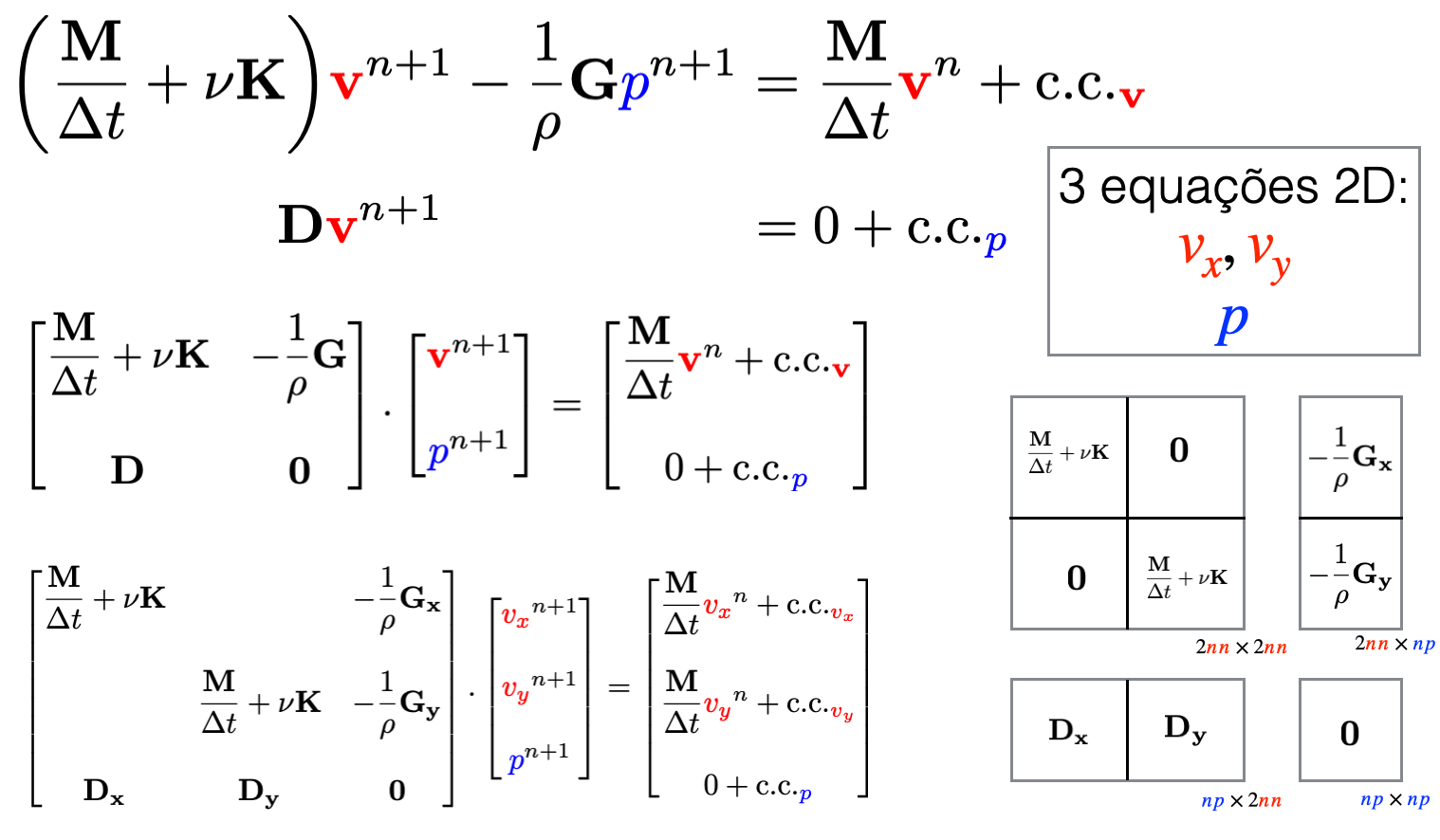
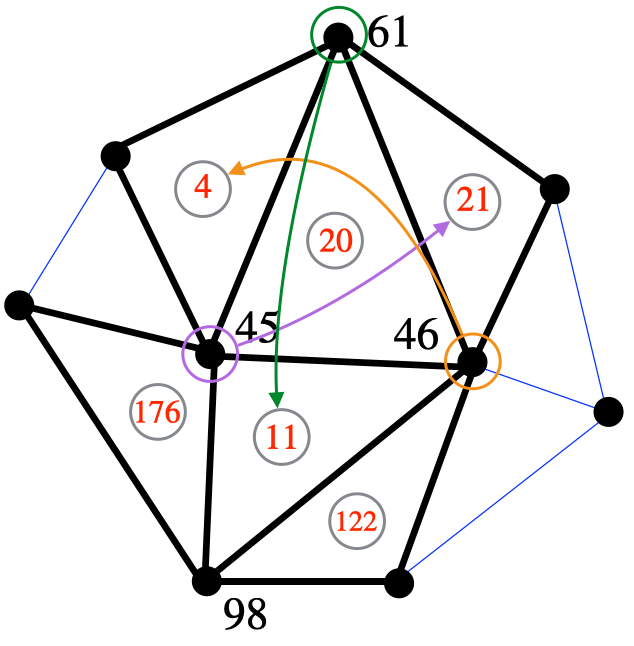
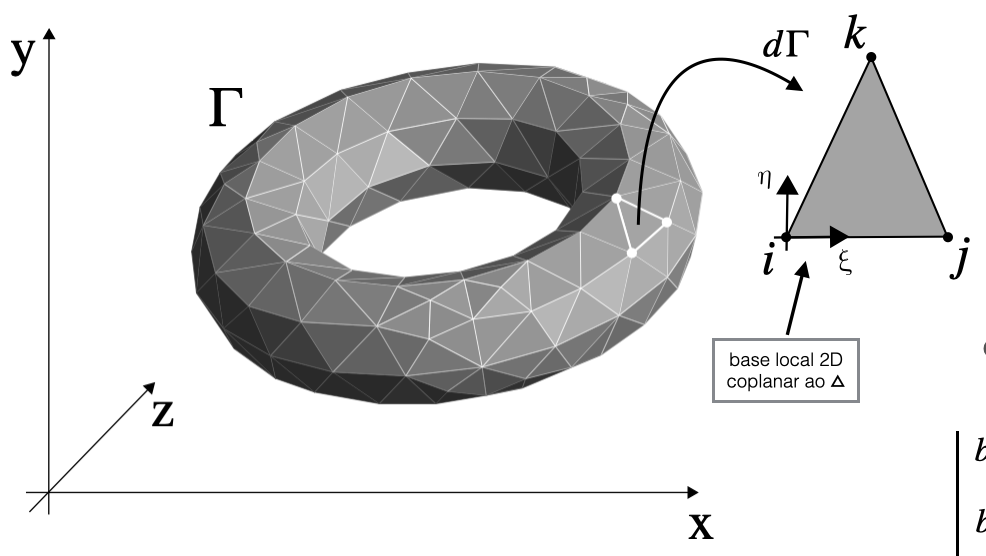
[COM-825] 2-Phase Flows
D.Sc Level: This course covers the fundamental principles and applications of two-phase flow, which occurs when two distinct phases, typically liquid and gas, coexist in a flow system. Students will learn to identify various two-phase flow patterns commonly encountered in both industrial processes and natural systems, such as bubbly, slug, annular, and stratified flows. The course emphasizes the physical phenomena governing these flows, including phase distribution, heat and mass transfer, and pressure drop. By the end of the trimester, students will gain the ability to model two-phase flow problems numerically using appropriate computational methods, enabling them to analyze and solve real-world engineering challenges involving multi-phase systems.
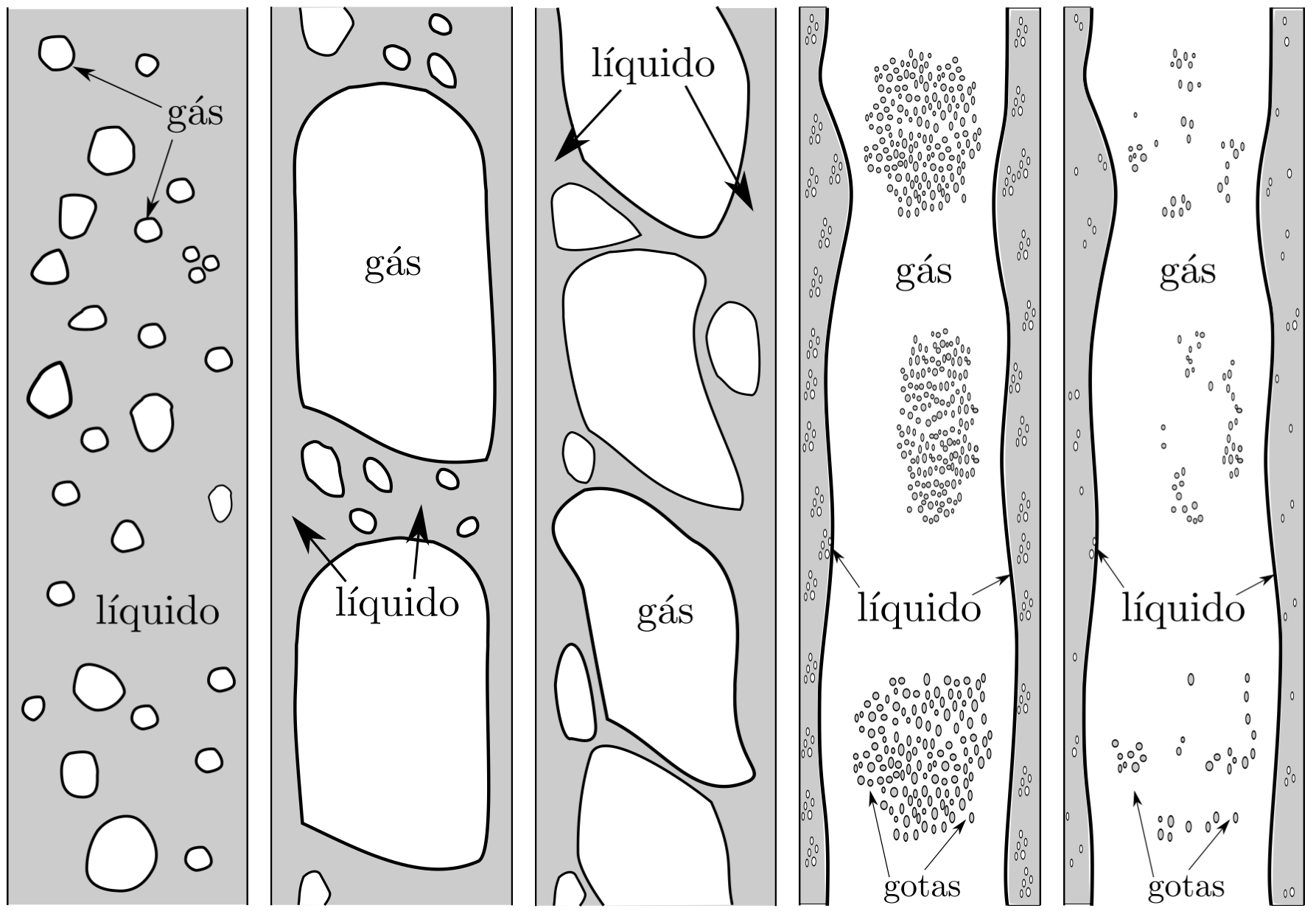
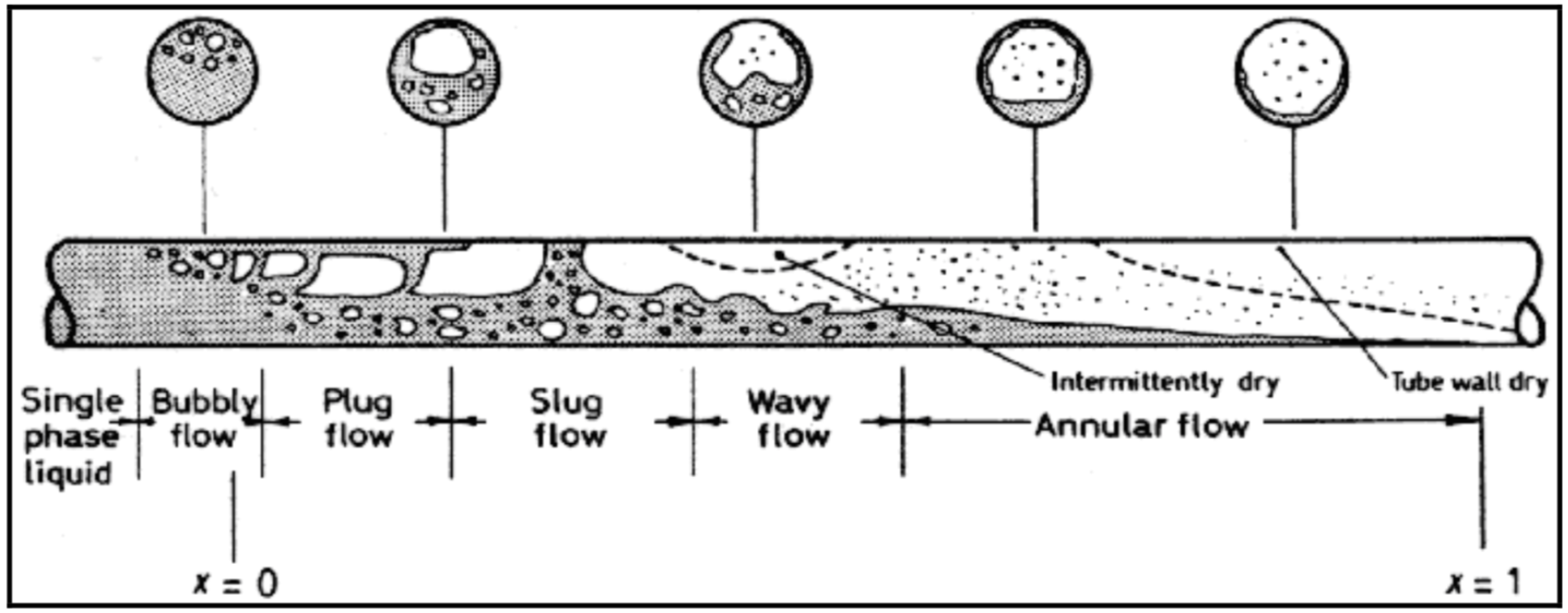
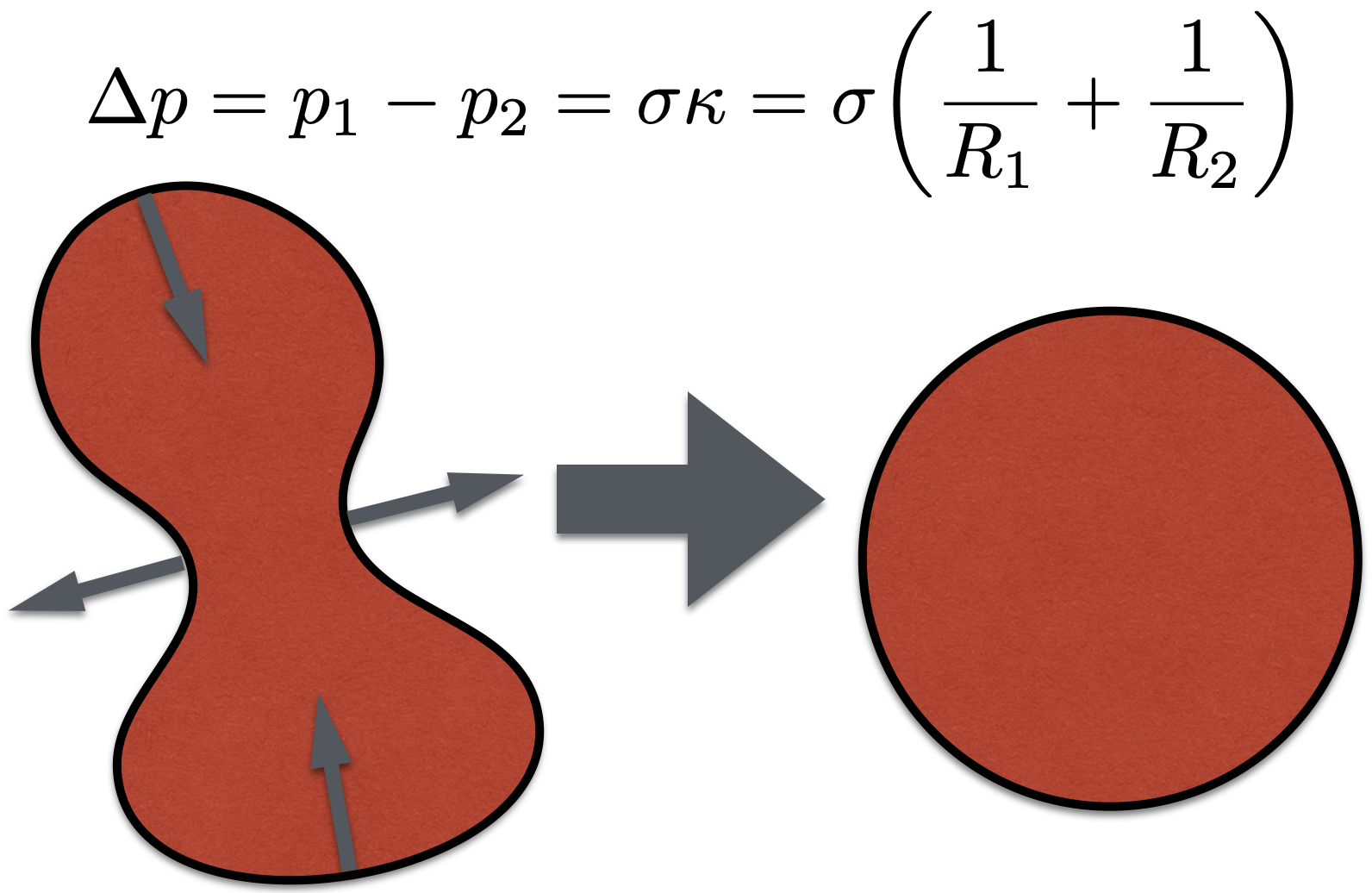
[COM-774] Mathematical Methods for Mechanical Engineering
M.Sc./D.Sc Level: This course provides a foundational understanding of essential mathematical tools used in mechanical engineering, with a focus on Differential Equations and Vector Spaces. Students will explore the formulation, classification, and solution techniques for ordinary differential equations (ODEs), including first-order and second-order linear systems, with applications to mechanical systems such as vibrations and heat conduction. The course also introduces vector spaces, linear independence, bases, and transformations, equipping students with the language and structure of linear algebra needed for the analysis of multivariable systems. Emphasis is placed on developing analytical skills and mathematical reasoning to support advanced topics in mechanics, control, and dynamics.

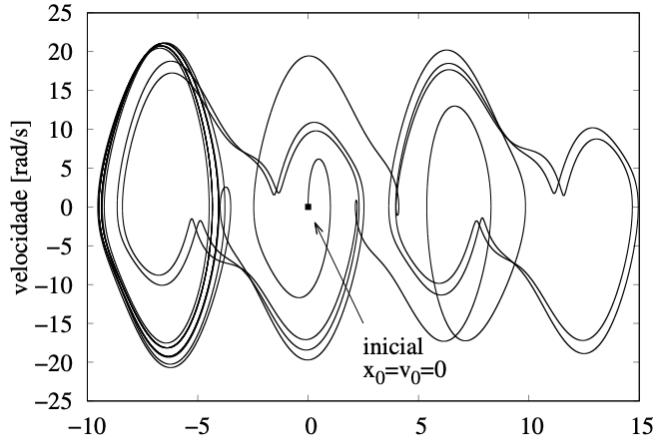
[EEK-501] Heat Transfer 2
B.Sc. Level: This course deepens the study of heat transfer with a focus on convection and two-phase flow. It begins with a review of differential operators (Gradient, Curl, Divergence, Laplacian, and Material Derivative) and energy equations in various forms (kinetic, general, enthalpy, entropy, and temperature), including key dimensionless numbers. Topics include natural convection, pool and flow boiling, film condensation (with Nusselt’s analysis and empirical correlations), two-phase flow patterns in vertical and horizontal tubes, and pressure drop mechanisms in two-phase systems. Emphasis is placed on applying theoretical principles to practical thermal and energy systems involving phase change and complex fluid behavior.
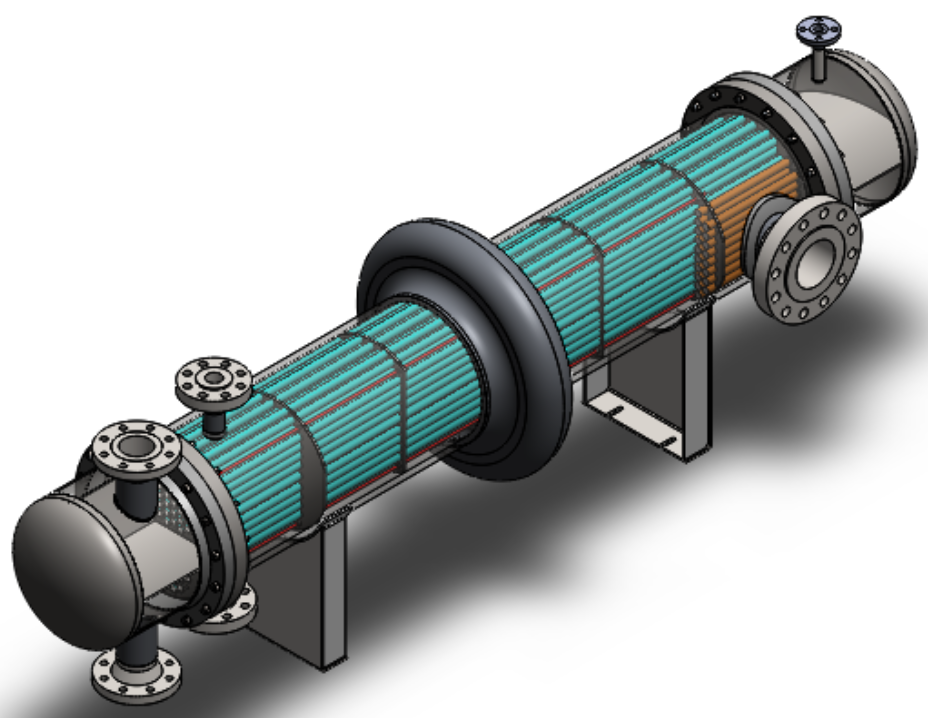
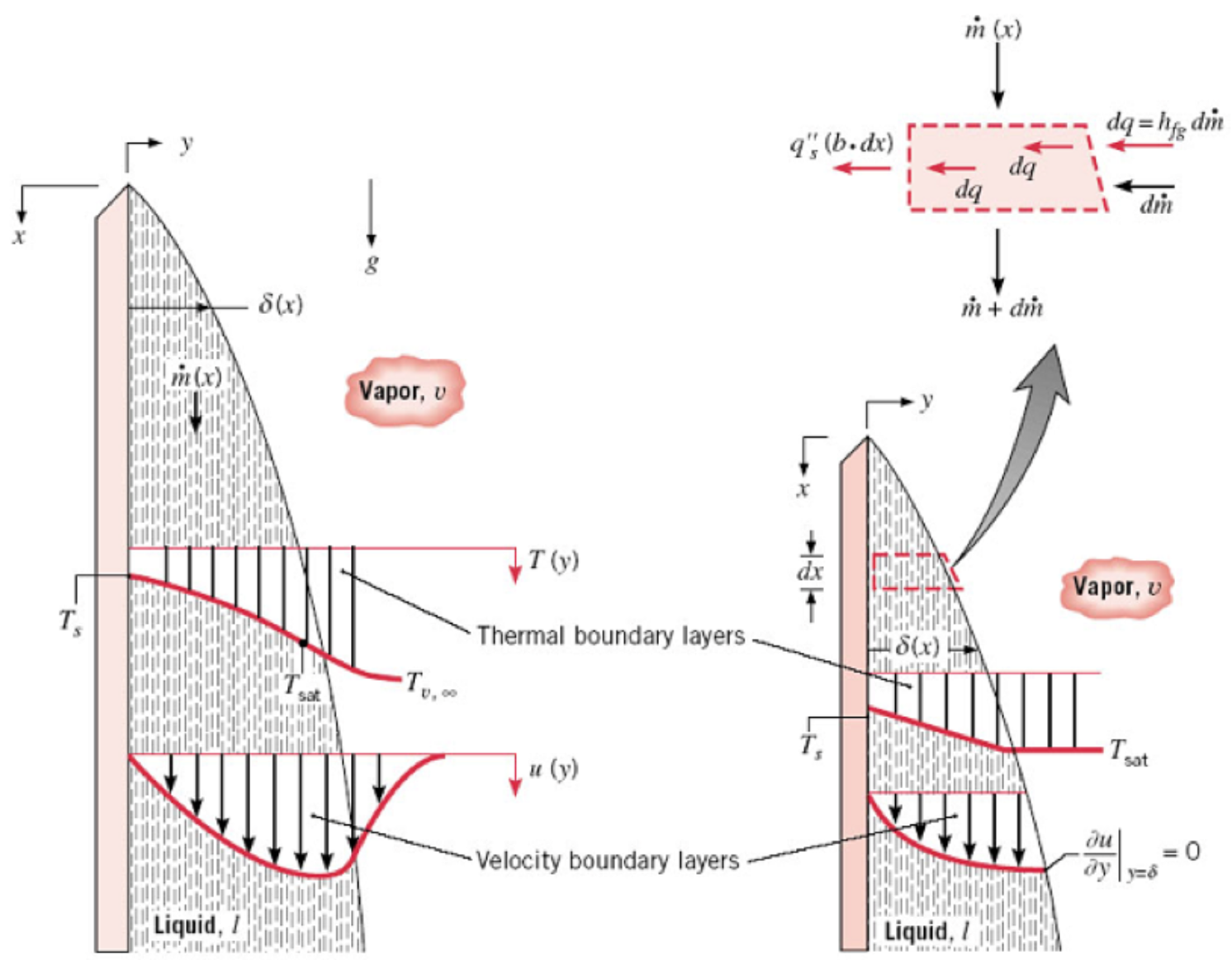
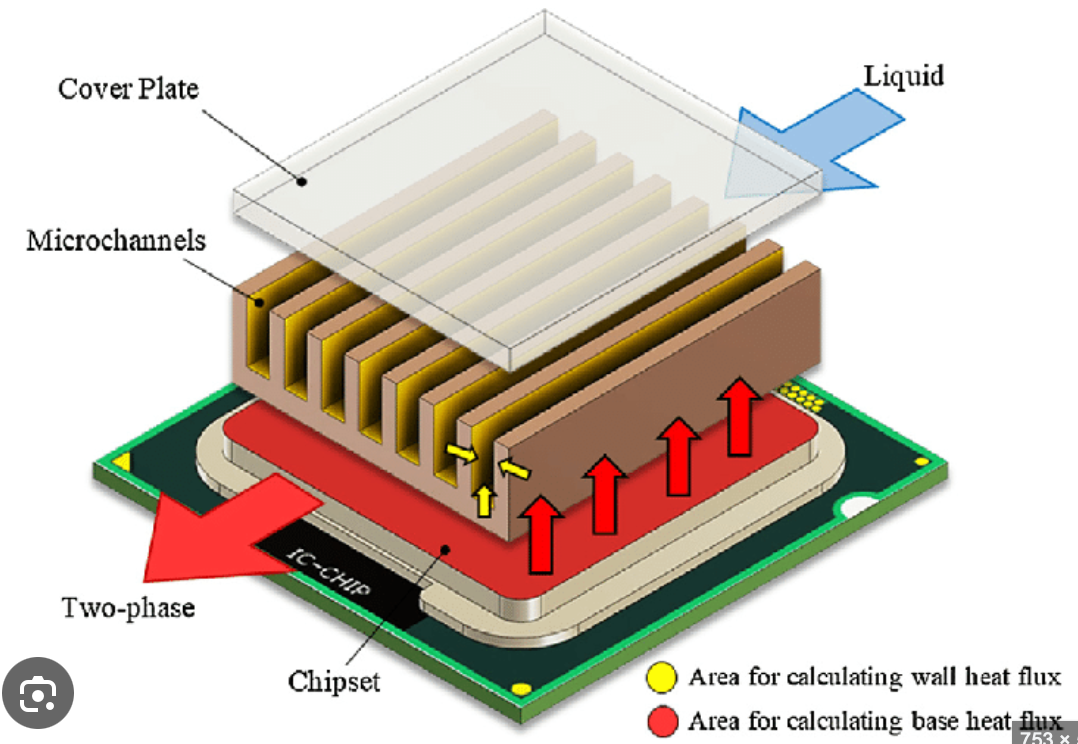
[EEK-597] Computational Fluid Mechanics and Heat Transfer
B.Sc. Level: This course introduces the numerical modeling of fluid flow and heat transfer phenomena using computational methods. Students learn to formulate and discretize the governing equations of fluid dynamics and thermal transport—continuity, Navier-Stokes, and energy equations—using techniques such as the finite difference and finite element methods. Emphasis is placed on algorithm development, stability and convergence analysis, and implementation of boundary conditions. Applications include laminar flows, conduction, convection, and coupled fluid-thermal systems. The course combines theoretical foundations with hands-on programming and simulation practice, preparing students to solve engineering problems using computational tools.
